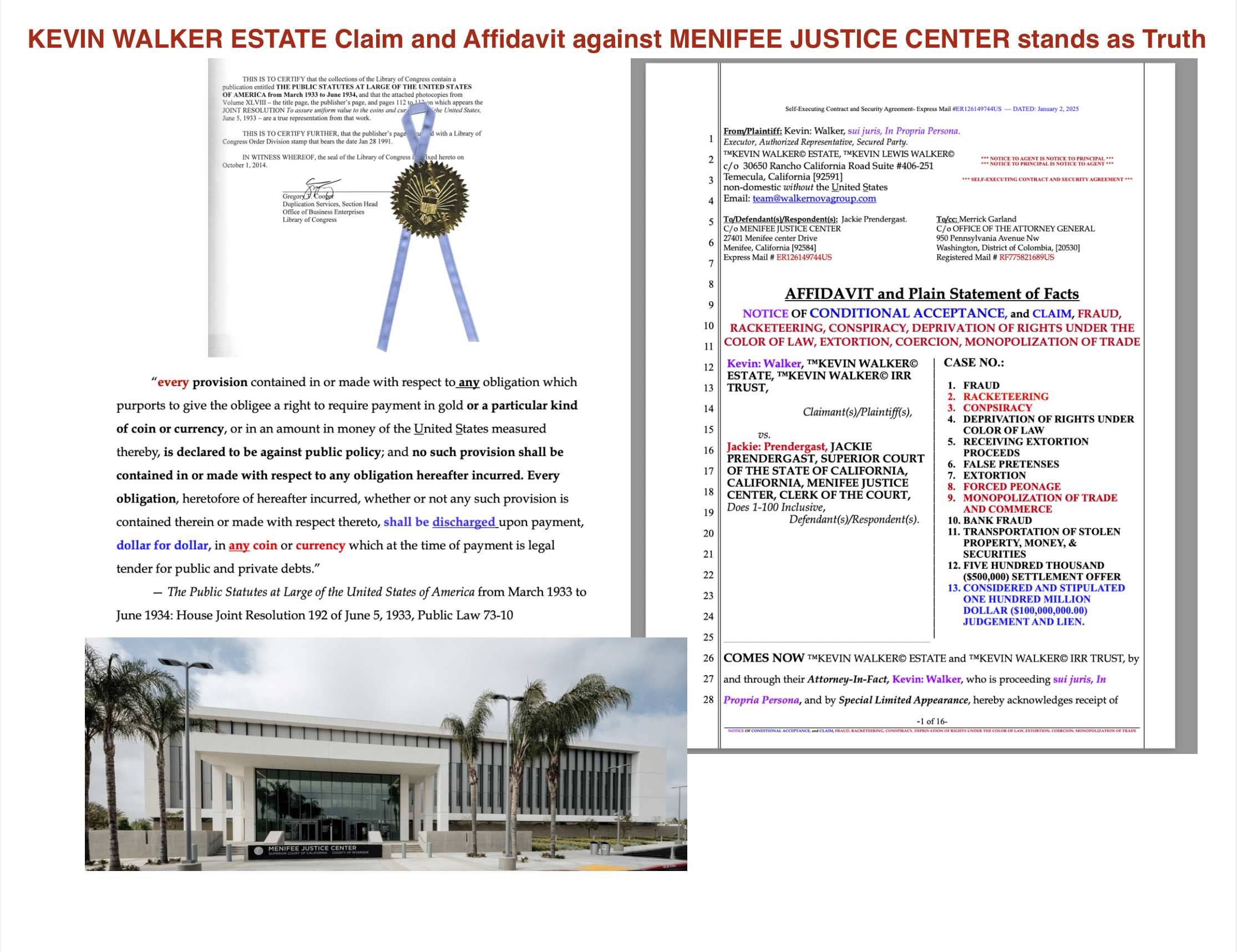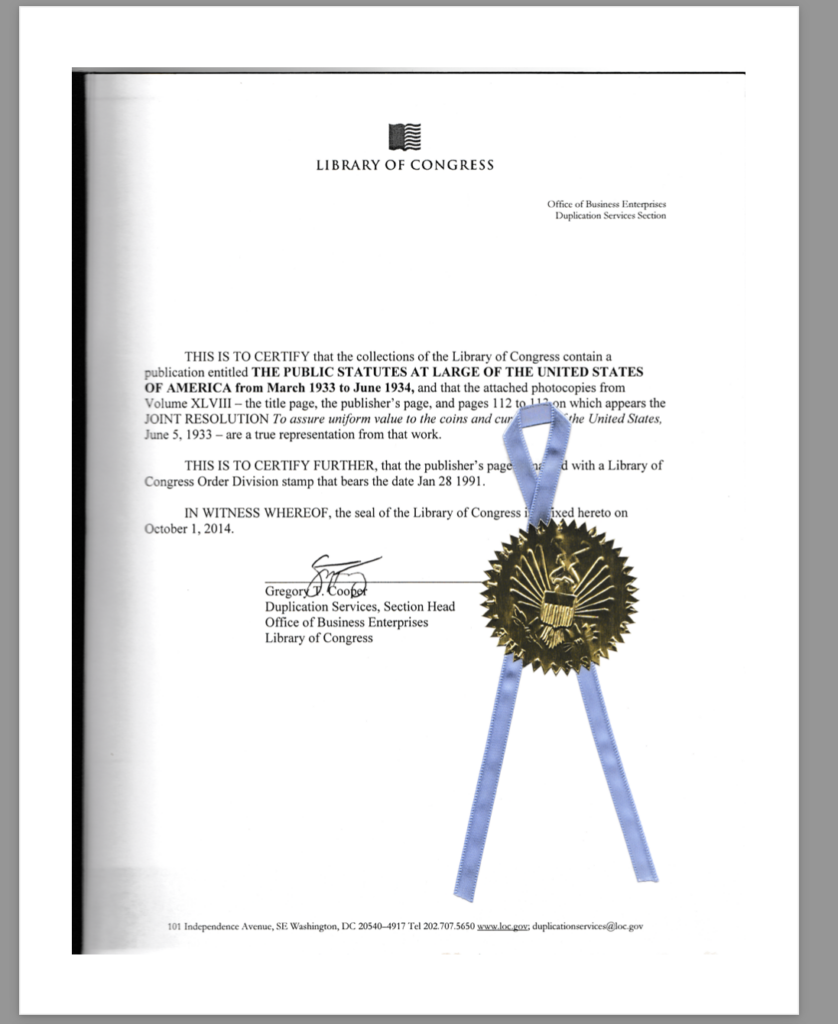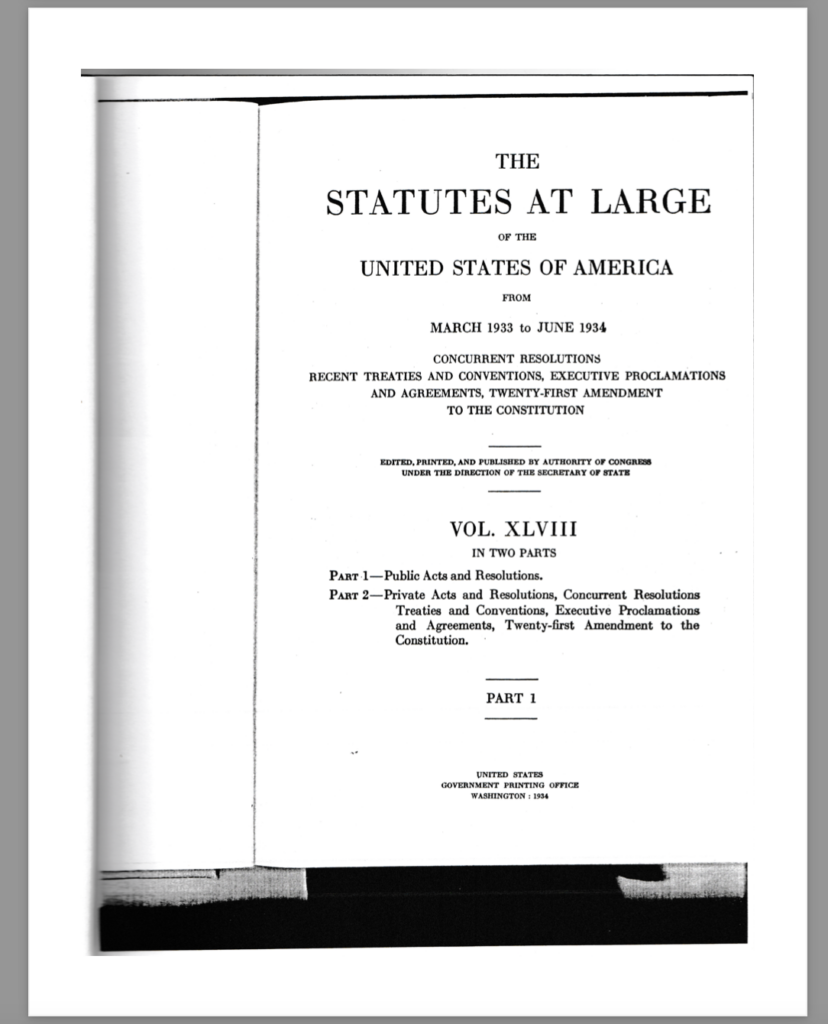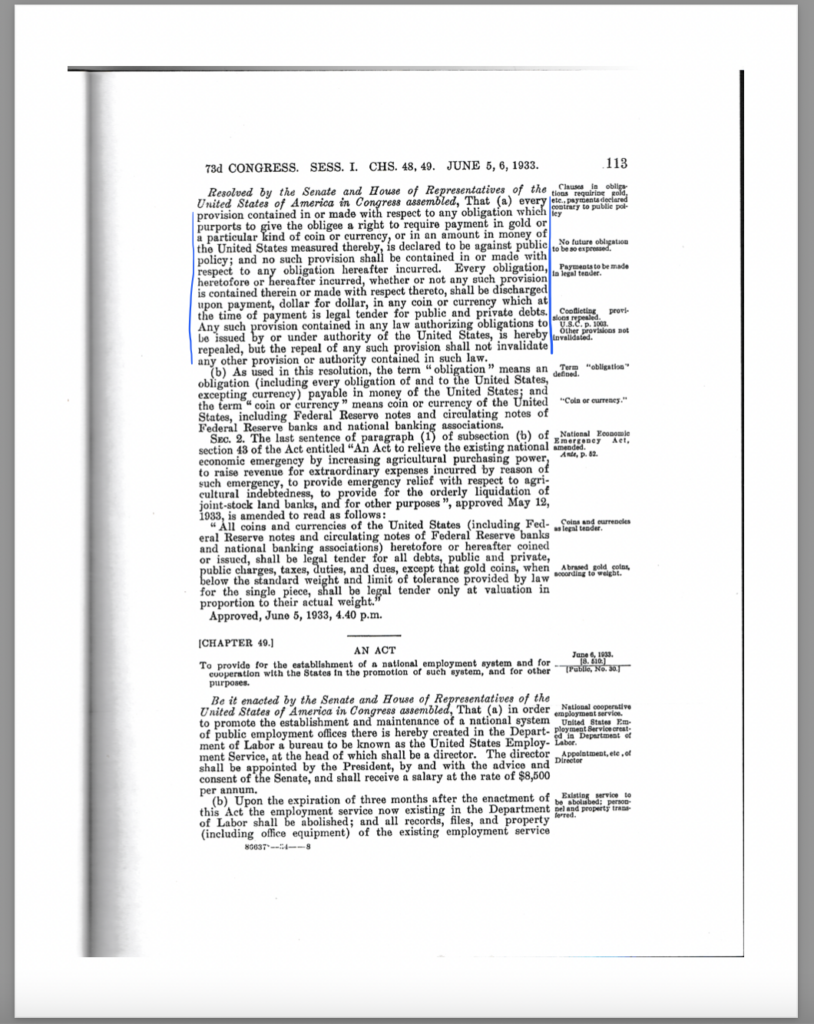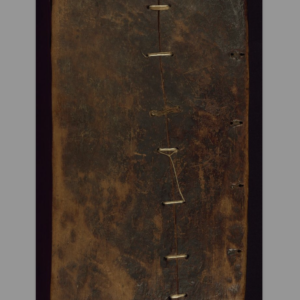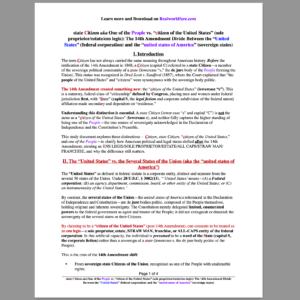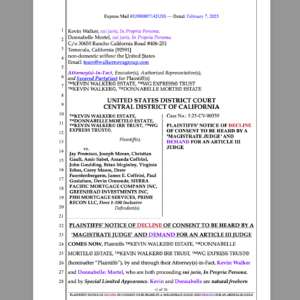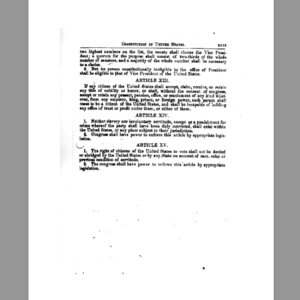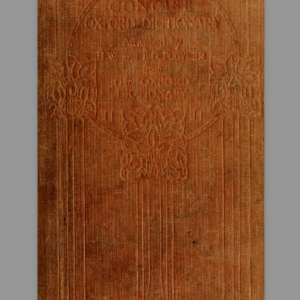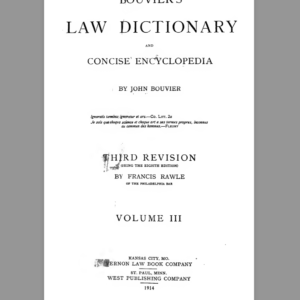Menifee, California – In a groundbreaking legal development, the Kevin Walker Estate and Kevin Walker IRR Trust have filed a claim with the U.S. Attorney General accusing the Menifee Justice Center of engaging in racketeering, conspiracy, extortion, and coercion. The allegations center on violations of House Joint Resolution 192 of 1933 (Public Law 73-10), which prohibits demanding payment in a specific form of currency.
This legal action stems from an affidavit submitted by Kevin: Walker, the Attorney-In-Fact for the Kevin Walker Estate and Trust. The affidavit, which remains unrebutted, asserts that the Menifee Justice Center is liable for $100 million in damages. Under commercial law, an unrebutted affidavit stands as truth, solidifying the Estate’s claim.
The Core Allegations
Kevin Walker affirms that the Menifee Justice Center has knowingly and willfully violated federal law by attempting to compel payment in Federal Reserve Notes—a practice prohibited under House Joint Resolution 192. The resolution, enacted during the Great Depression, eliminated the requirement for debts to be repaid in gold or any specific currency, establishing a precedent for the discharge of obligations in other lawful forms.
The Estate contends that the Justice Center’s actions constitute:
- Racketeering: Systematic extortion and coercion for monetary gain.
- Conspiracy: Collusion to deprive Kevin Walker of his constitutionally protected rights.
- Violation of Public Policy: Acting in bad faith and contravention of the law.
Walker further asserts that the Menifee Justice Center’s actions undermine constitutional protections, including those outlined in Article I, Section 10 of the U.S. Constitution, which prohibits states from impairing the obligation of contracts.
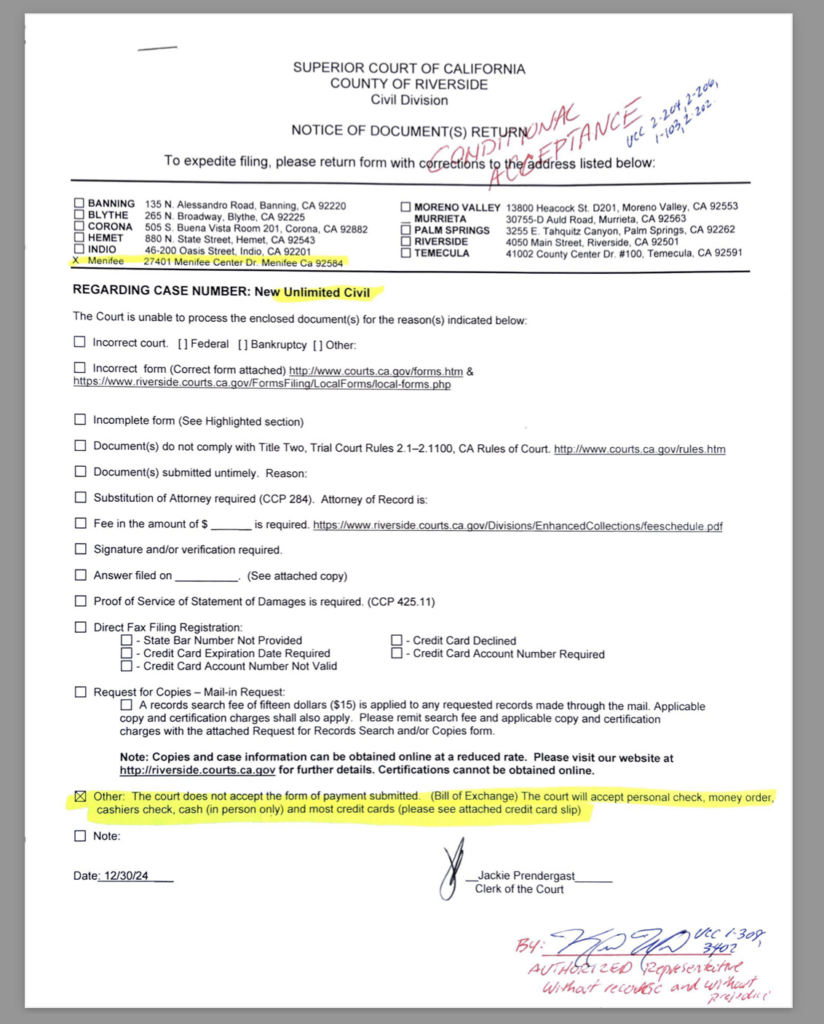
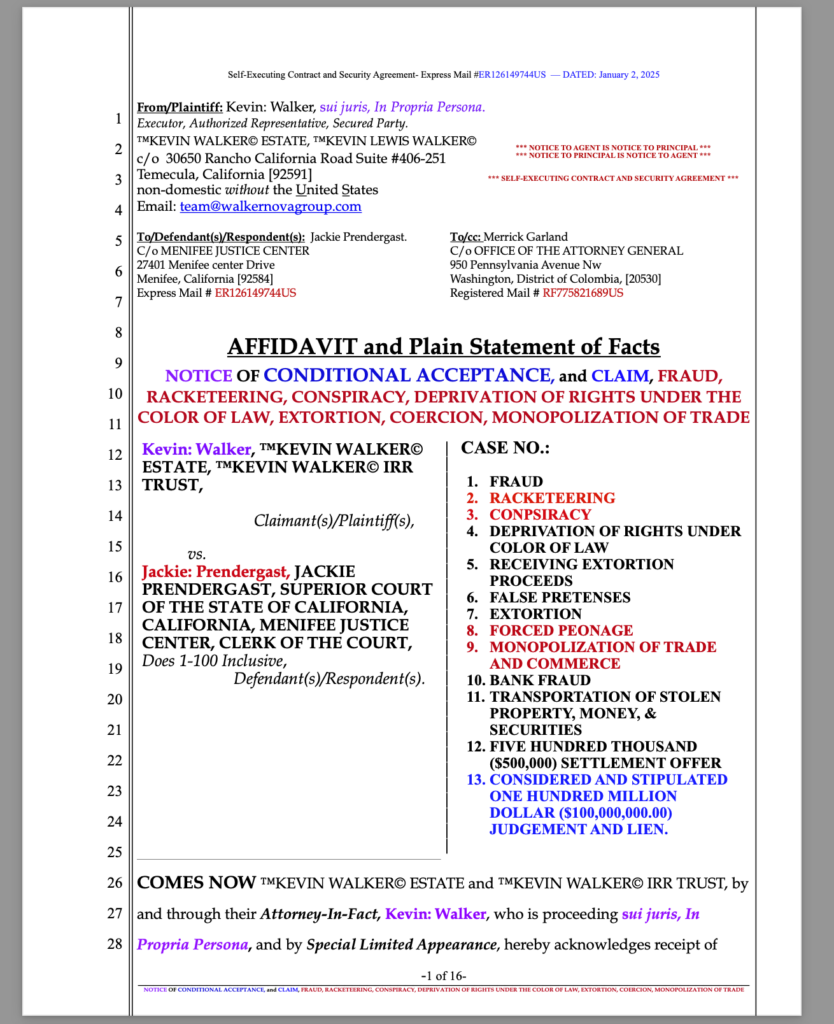
The system is corrupt and broken in many many many ways. You tender a BILL OF EXCHANGE to the COURT in accordance with UCC 3-603, 3-311, and 3-601, and they literally will send you a ‘NOTICE OF DOCUMENT(S) RETURN’ stating: “The court does not accept the form of payment… pic.twitter.com/KhJj4Cp8VB
— ™KEVIN L. WALKER© ESTATE (@KEVINOMICS_) January 3, 2025
The Public Statutes at Large of the United States of America from March 1933 to June 1934: House Joint Resolution 192 of June 5, 1933, Public Law 73-10:
“every provision contained in or made with respect to any obligation which purports to give the obligee a right to require payment in gold or a particular kind of coin or currency, or in an amount in money of the United States measured thereby, is declared to be against public policy; and no such provision shall be contained in or made with respect to any obligation hereafter incurred. Every obligation, heretofore of hereafter incurred, whether or not any such provision is contained therein or made with respect thereto, shall be discharged upon payment, dollar for dollar, in any coin or currency which at the time of payment is legal tender for public and private debts.”
A Self-Executing Agreement
The claim is bolstered by a Notice of Conditional Acceptance, which transforms the Menifee Justice Center’s actions into a self-executing contract. This legal mechanism, governed by the Uniform Commercial Code (UCC), allows the Estate to establish enforceable obligations against the Justice Center. The notice explicitly cites UCC §§ 1-308, 3-306, and 3-311, emphasizing that the Menifee Justice Center has failed to rebut the claims within the stipulated time frame.
Unchallenged Affidavit: $100 Million in Damages
As per the affidavit, the Menifee Justice Center owes the Kevin Walker Estate $100 million in damages. This figure accounts for the Justice Center’s now affirmed bad-faith actions, including attempts to coerce payment in a manner contrary to federal law. The affidavit’s claims, now unrebutted, are legally deemed true in commerce.
Broader Implications
This case raises significant questions about the enforcement of House Joint Resolution 192 and the constitutional limits on state and judicial power. Kevin Walker, who identifies as a Sovereign Californian and state Citizen, has invoked constitutional and commercial law principles to challenge what he describes as systemic abuse.
Legal experts note that this claim could set a precedent for challenging governmental overreach in financial and legal matters. Walker’s reliance on historical legal standards, including Miranda v. Arizona, Hurtado v. California, and the principles outlined in the Uniform Commercial Code, underscores the case’s potential to influence broader conversations about individual rights and government accountability.
Next Steps
The U.S. Attorney General’s office has yet to comment on the claim, and the Menifee Justice Center has not issued a formal response. However, under the terms outlined in Walker’s filing, any response must be submitted in affidavit form, sworn under penalty of perjury, and accompanied by evidence to rebut the claims.
Kevin Walker remains firm in his position, stating, “This is about holding public officials accountable to the law and protecting the rights of individuals against systemic abuse.”
The outcome of this case could have far-reaching implications, not only for the Menifee Justice Center but also for the broader interpretation of Public Law 73-10 and its application in contemporary legal disputes.
Stay tuned as this story develops.
